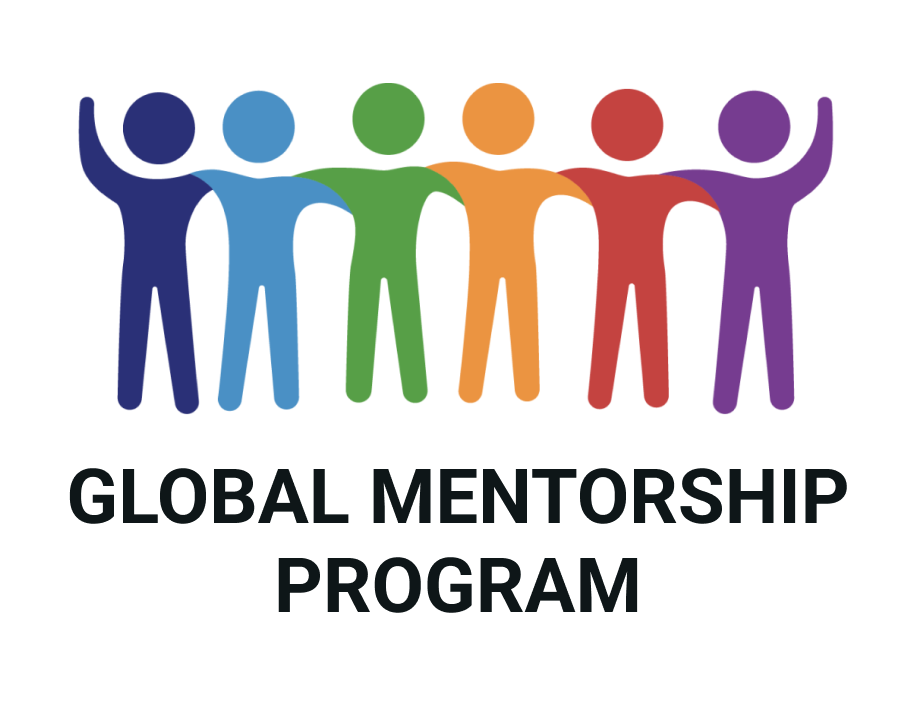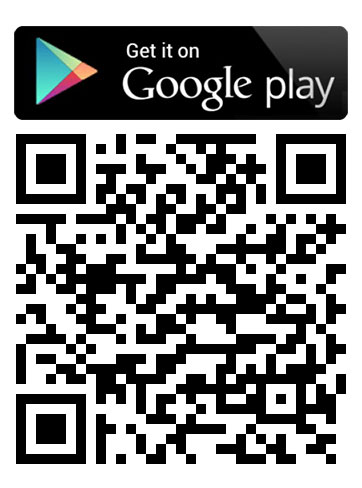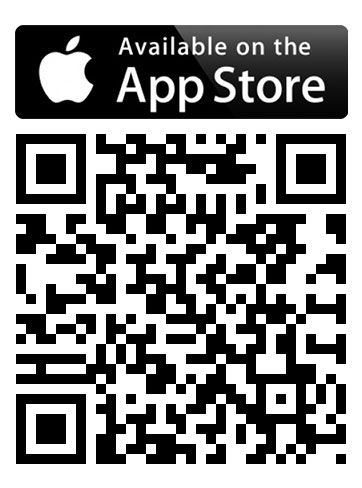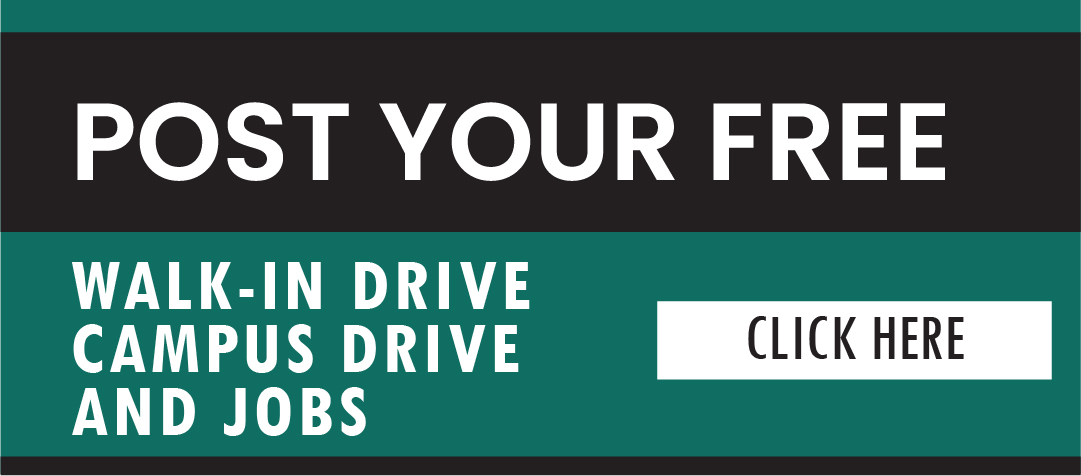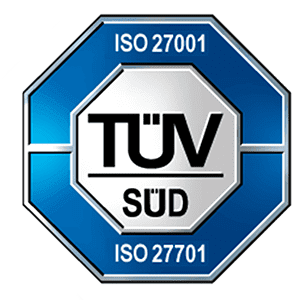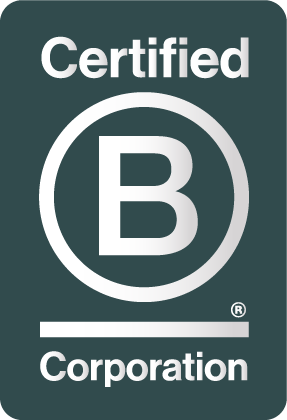5 Common Mistakes People Make During Job Interviews
There might be a lot of reasons your luck may run out during an interview. You may be under-qualified, or not suited to that work environment.
However, if you have all the skills (on paper), or your video resume is perfect, and are still failing to impress your prospective employer, you might unknowingly be committing some of the following mistakes:
1. Saying the wrong things, the wrong way: Avoid lies. If you lie, even a tiny white lie, and you’re caught, it’s a deal-breaker. Honesty, in this case, really is the best policy. Make sure that you’re transparent, especially when asked about your education, or if you were fired from your last job. When asked questions you don’t know the answer to, just be straightforward. Don’t try to guess, or start stating facts that aren’t pertinent to the question. When you answer with a ‘yes’ or a ‘no’, provide an explanation. A skills assessment test will help you know your strengths and weaknesses, which you can present to your prospective employer.
2. Negative body language: A great first impression goes a long way. A lot of employers, in the first five minutes, know whether the candidate is the right fit for their company. Eye contact is the most important cue, whereas not smiling is deemed problematic. Bad posture, touching their hair and face repeatedly, and fidgeting are all signs of negative body language. Having a weak handshake is also a bad sign.
3. Dressing inappropriately: In the long run, the work you perform will matter more than the clothes you wear. However, first impressions matter. Overly casual clothing is generally not preferred in most offices. The attire will also depend on the company. For example, a startup might have a more relaxed dress code, whereas a corporate office might require more formal attire.
4. Not enough preparation: Research before you go. Never let the question “What do you know about this company?” stump you. Make sure you know all the background information, the history, the mission statement, and read the ‘About Us’ section on the website. Apart from knowing about the company and what it does, you should have also thought about your contribution to the company.
5. Asking no questions: Always have a list of relevant questions ready. To an employer, asking no questions indicates that you have no interest. Ask the questions that occurred to you when you were researching the company, or as you observed people in the workplace. Asking questions will also help you determine if the organization is the right fit for you, and is compatible with your needs.
These are some of the mistakes one should avoid to have a good interview. A job interview is exciting and new, which might cause you to be nervous. Make sure you prepare accordingly, and review each of these points to have a successful interview.
